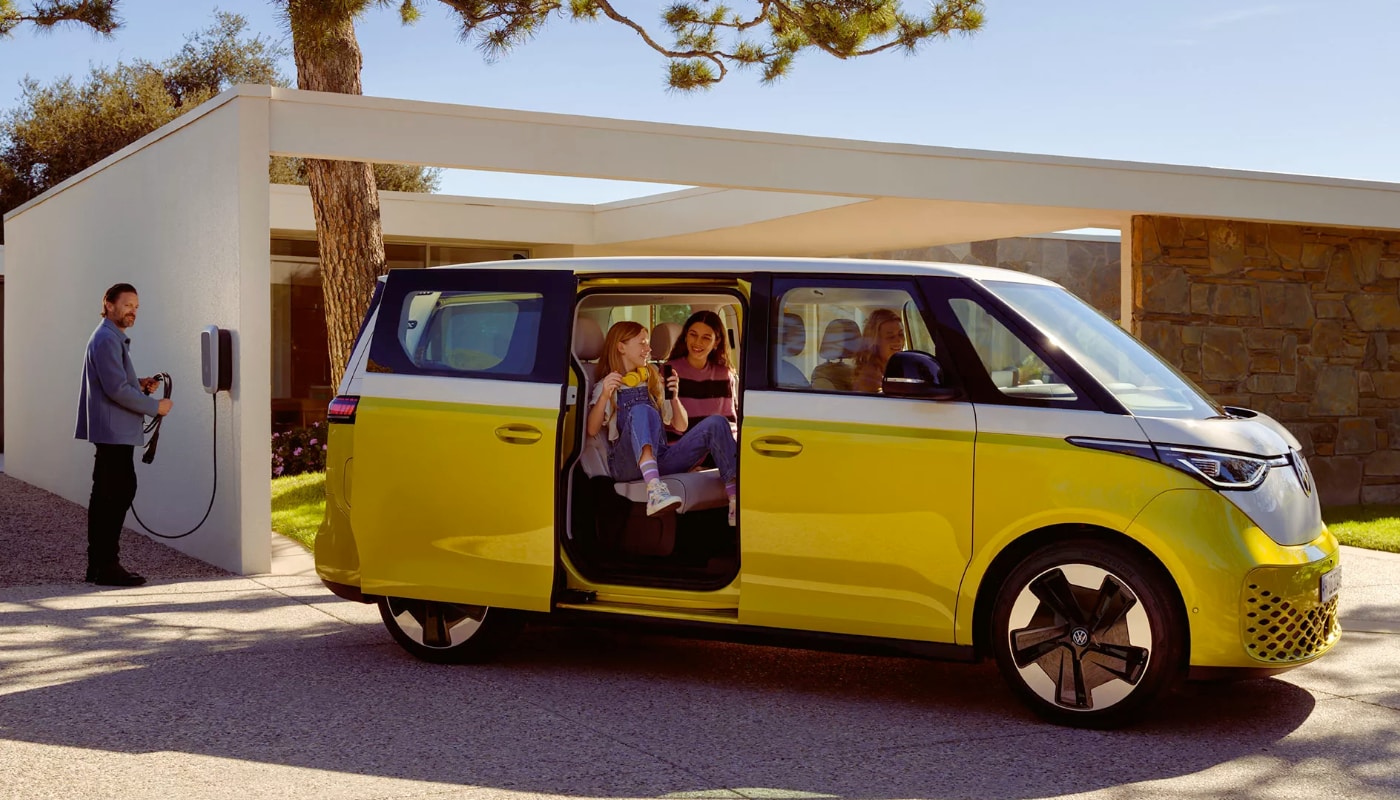Recreational vehicles have been experiencing an unprecedented boom in recent years. Leading the pack are vans and camper vans, especially appreciated for their comfort and convenience. They offer the opportunity to get away at any time while having a real living space. Today, a new trend is emerging: electric vans and camper vans. More environmentally friendly, they promise a more pleasant driving experience and significant savings. Let’s explore these new kinds of vehicles.

What is the use of these electric vans?
Electric vans and camper vans are particularly interesting for short stays or weekend getaways. Thanks to their electric motor, they emit less CO2 than their petrol equivalents, and they are generally quieter. They are also more economical to use, as electricity is cheaper than petrol and requires less maintenance.
These vehicles are equipped with a battery that can be charged on a standard electrical outlet or on a fast-charging station. The charging time and the vehicle’s autonomy depend on the battery’s capacity, the type of recharge used and the driving. Generally, the autonomy ranges from 150 to 300 km, making it perfect for short journeys and nearby holidays.
In addition, these vehicles are equipped inside like real small apartments. They generally have a kitchen area with a refrigerator, a hotplate, and a sink, a sleeping area with a double bed, and a living area with a table and chairs. Some more upscale models also have a bathroom with shower and toilet.
The models already available
Some automobile manufacturers have already taken the plunge by producing electric vans and camper vans. This is the case for Mercedes-Benz with its eSprinter, Volkswagen with its ID Buzz, or Nissan with its e-NV200. These manufacturers offer high-quality vehicles, with satisfactory autonomy and appreciable layout capacity.
There are also companies specialized in fitting out electric vans and camper vans, offering tailor-made solutions for people who wish to travel independently while respecting the environment. They handle insulation, installation of electrical equipment, fitting of solar panels for maximum energy independence, layout of the living space, etc.
However, these vehicles are not without their drawbacks. The autonomy is still limited compared to petrol vehicles, and the network of charging stations is still insufficient, especially in rural areas. In addition, the purchase price is higher than that of a standard van or camper van, even if this difference tends to decrease with the development of technology and government aids for the purchase of electric vehicles.
Despite these constraints, electric vans and camper vans have strong potential and represent a real alternative for people wishing to travel while respecting the environment. Beyond the ecological aspect, they offer a unique driving experience, with unmatched driving comfort and tranquility. They perfectly meet an emerging demand for sustainable and responsible tourism, and their rise is certainly announcing a profound change in our way of traveling and conceiving vacations.
Electric vans and camper vans bring a new and ecological solution for nomadic tourism. Although the purchase cost and autonomy might still deter some, the transition towards more environmentally respectful mobility is underway, and these vehicles are greatly contributing to it.










